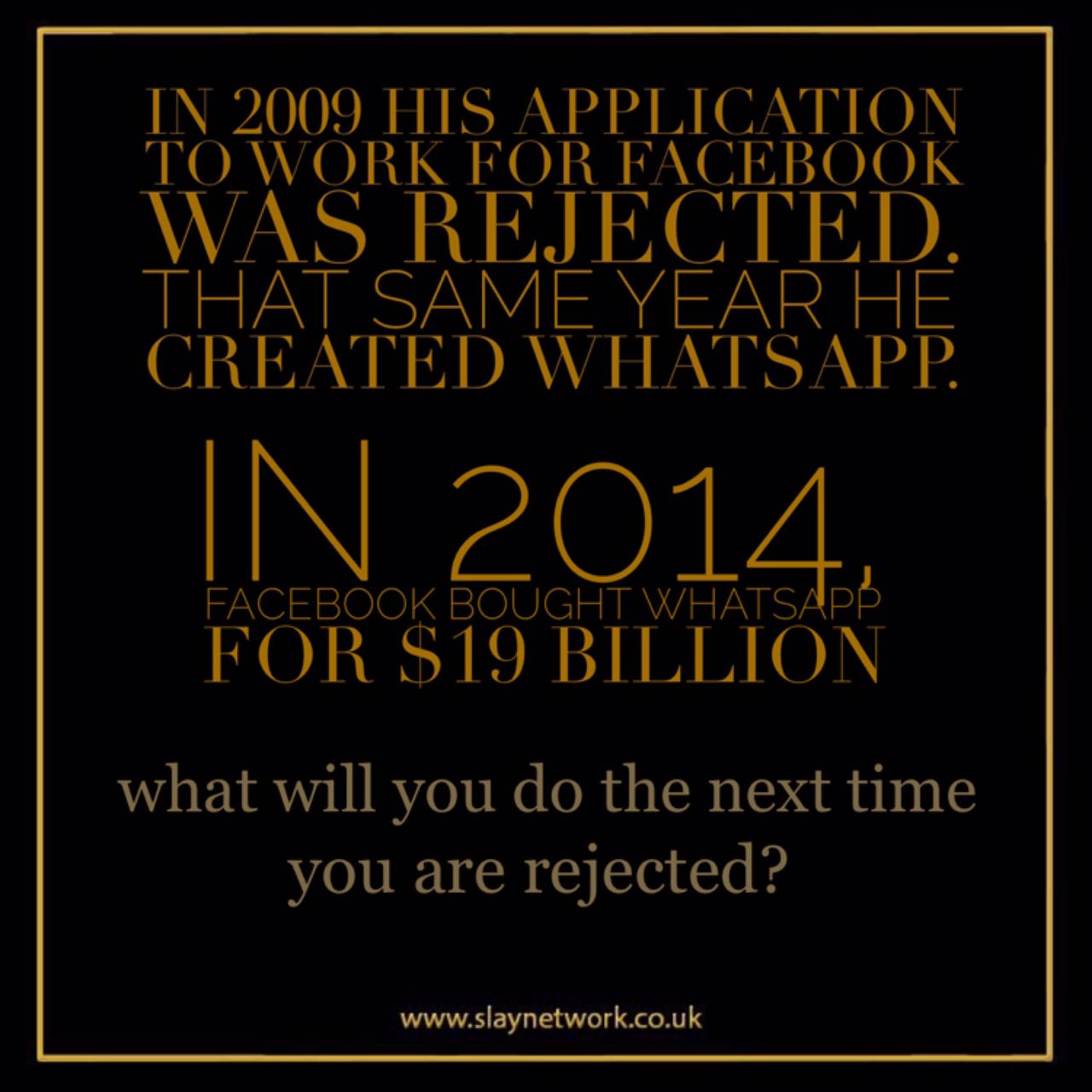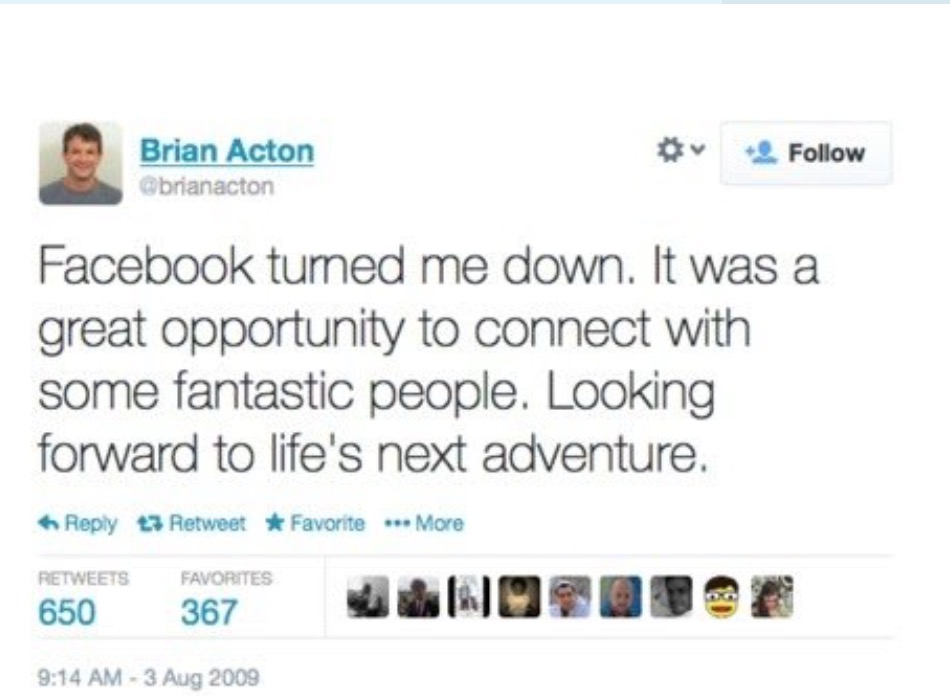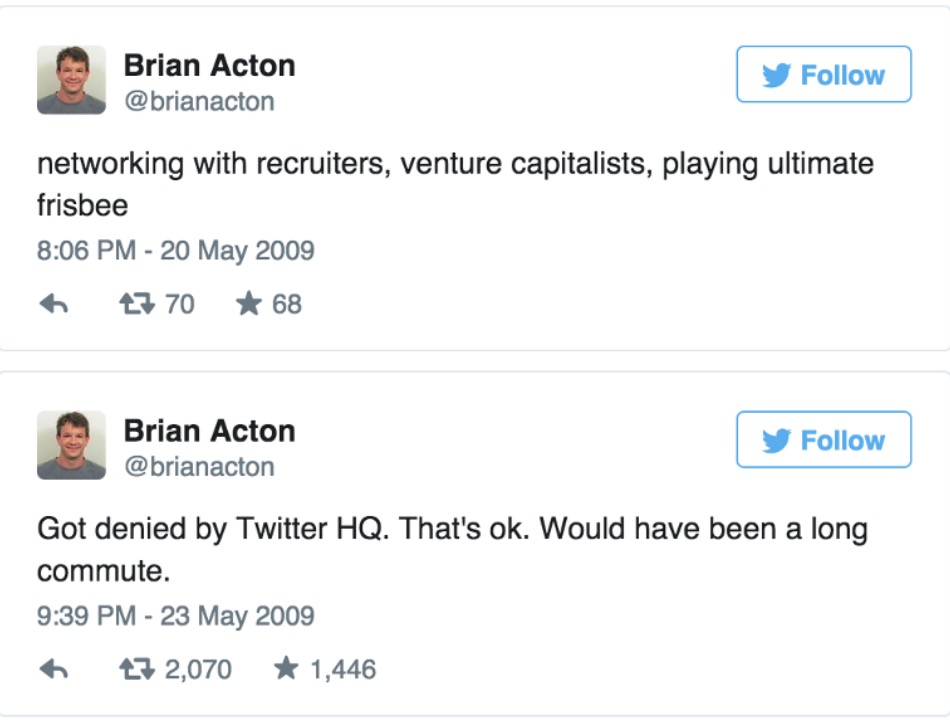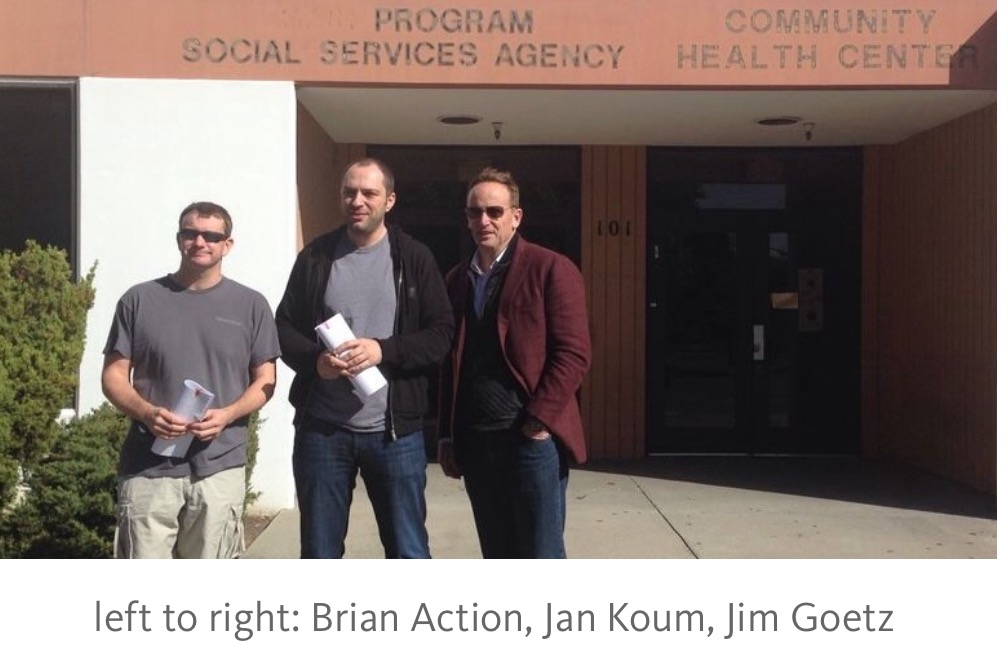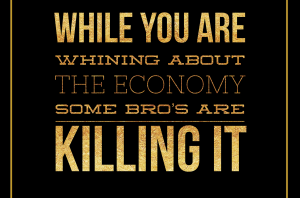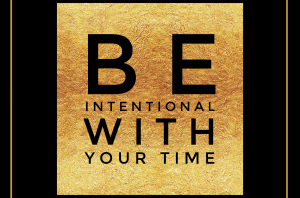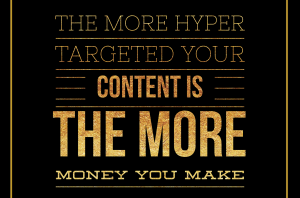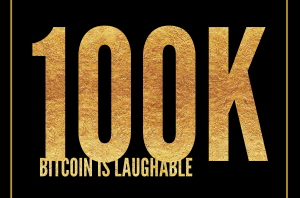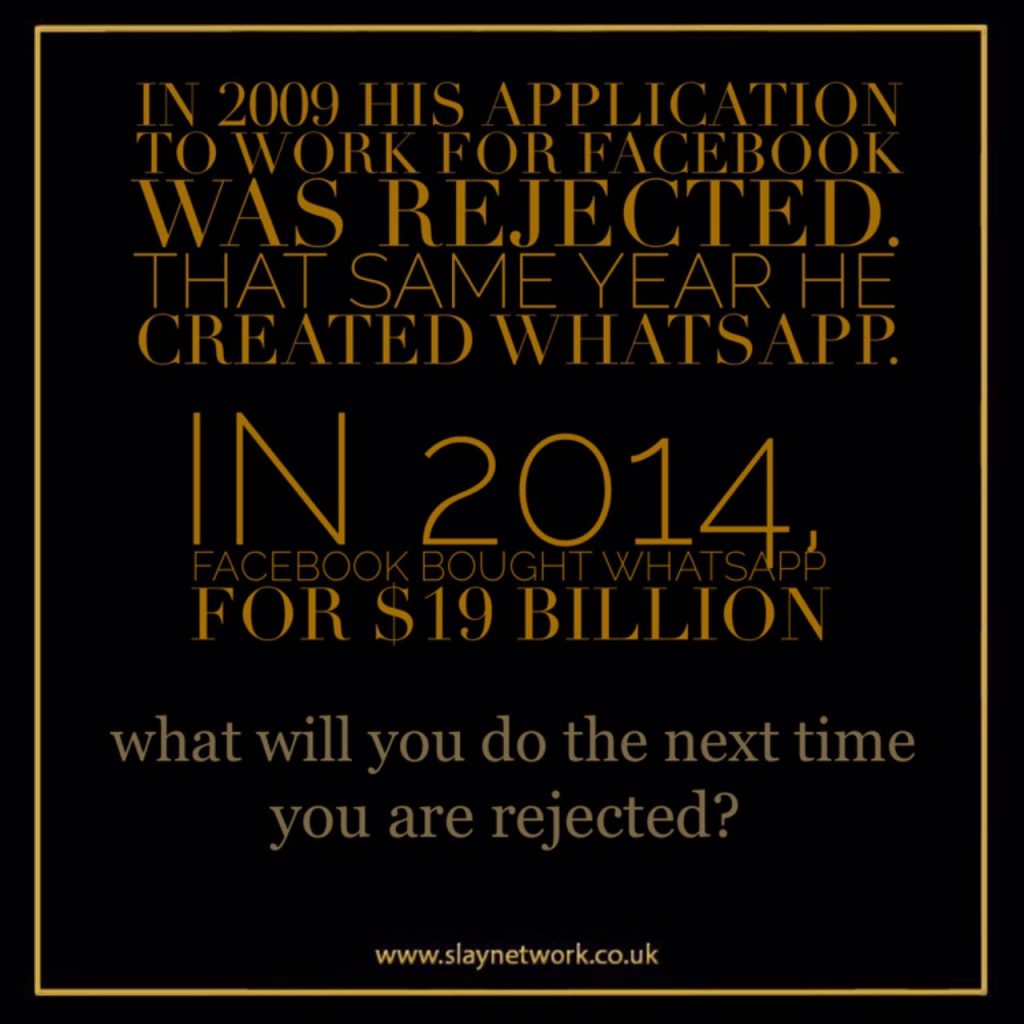
Rejection the dreaded word! But it’s just a word
A lot can happen in few years. You can go from the vice president of engineering for Yahoo, to a guy looking for a job at Facebook, to a startup founder, to a guy that just sold that startup to Facebook for a jaw-dropping $19 billion.
And that’s exactly what happened to WhatsApp co-founder Brian Acton. In 2009 he applied for a job at Facebook and was rejected. Here’s his sad-but-hopeful tweet.
Today we will look into how Jan Koum and Brian Acton met and how they changed the landscape of messaging. Koum and Acton founded one of the world’s largest mobile messaging platforms, which helped disrupt the telecom business. WhatsApp paved the way for other messaging apps and made instant messaging affordable and the standard of communication. Next to the extreme success they’ve had they stand out in being considered old or Silicon Valley, Koum was 39 and Acton 32.
Who are they?
Jan Koum is from the Ukraine and moved to Mountain View (California) when he was 16 years old. His family was financially challenged and they had to live of food stamps. It was not before he was 19 that he owned his first computer. Koum was part of the famous hackers network called w00w00, where other famous tech entrepreneurs Sean Parker and Shawn Fanning were also part of.
Koum went to San Jose State University to study math and computer science, he would eventually drop out after David File, a co-founder of Yahoo!, convinced him to work for him. Before dropping out of college he worked for Ernst and Young as a security tester.
Brian Acton grew up in central Florida and went to two different universities before graduating from Stanford University in 1994 with a degree in computer sciences. After getting his degree he started working for Apple as a software engineer. It was in 1996 that he started working for Yahoo! as the 44th employee. Acton began as a software engineer, focussing on Advertising and Data Processing.
How they met
Koum met Acton while he was working for Ernst & Young as a security tester and was assigned to inspect Yahoo!’s advertising system. Acton recalls that he found Koum to be very different from the other Ernst and Young people, he was more straight forward.
It turned out Koum liked Acton’s no-nonsense style: “Neither of us has an ability to bullshit,” says Koum. Six months later Koum interviewed at Yahoo! and got a job as a software engineer. During their time at Yahoo their friendship grew and by 2007 they both quit their jobs and traveled through South-America and played ultimate frisbee.
What’s App
Koum came up with the idea for WhatsApp in 2009 during a movie night at a friends place. It started out as an idea to send notifications to friends, but soon evolved to an instant messaging app. Acton got involved after a match of ultimate frisbee. Koum was telling Acton that he thought about giving up and wanted look for steady job. Acton replied by saying
“You’d be an idiot to quit now. Give it a few more months.”
By fall 2009, WhatsApp had no significant growth, but Koum persuaded Acton to join him. Both Koum and Acton were rejected for jobs at Facebook. Acton would also be turned down by Twitter. In October of 2009 Acton contacted several old Yahoo buddies and got together 250.000 dollars in seed funding. This earned Acton the title of co-founder and he received shares.
Between October 2009 and June 2015 a lot has happened. After getting investments from venture capitalist firm Sequoia and eventually being bought by Facebook, Whatsapp is still growing and it is reported to have 800 million monthly active users by April of 2015. Koum and Acton are still leading WhatsApp and still work together.
The key to success
So what made this collaboration successful? What is the secret ingredient that helped Whatsapp become the largest messaging platform in the world?
“We’re the most atypical Silicon Valley company you’ll come across,” Acton explains to Wired UK. “We were founded by thirty somethings; we focused on business sustainability and revenue rather than getting big fast; we’ve been incognito almost all the time; we’re mobile first; and we’re global first.”
“WhatsApp is simple, secure, and fast. It does not ask you to spend time building up a new graph of your relationships; instead, it taps the one that’s already there. Jan and Brian’s decisions are fueled by a desire to let people communicate with no interference,” writes Goetz, a venture capitalist at Sequoia Capital in Silicon Valley.
Acton describes the duo as Yin and Yang, Acton being the optimist and Koum more paranoid. Acton focusses on the financial side of the business and Koum looks at the product. Koum is the CEO and Acton the person that makes sure stuff gets done.
Koum and Acton wanted WhatsApp to be different, they did not seek attention and didn’t even have a sign at their office. Both men share a passion for hating advertisement and Jan even has a note from Brian on his desk saying “No Ads! No Games! No Gimmicks”. It makes sure that the WhatsApp keeps it focus on its core functionality, messaging.
Five things we can learn from Jan and Brian
* You are never too old to start a business, not even a tech business. Acton even argues that their age is an advantage, saying that his vision is not clouded by the urge to be cool, they just want to be practical.
* Persistence is the only way. The story of Koum is one of a lot hardship and let downs, Brian lost a fortune in the dotcom bubble and got rejected by multiple companies, but both men came out on top through hard work and perseverance.
* Having a common interest is key to success. One might argue that if there was no ultimate frisbee, there would be no Whatsapp. These men became friends on the workfloor, but stayed in contact through their love for the sport. And it was at one of these matches Acton told Koum that he shouldn’t give up.
* Make sure your co-founder is the yin to your yang. You can really see in this case how important it is that the person you work with fills the gaps that you are missing. Your co-founder should have all the qualities you don’t have.
* Think long term, together. Acton and Koum had a clear vision of what their product was going to be. They both were on the same page and understood exactly what their product is and more important, what is was going to be.

